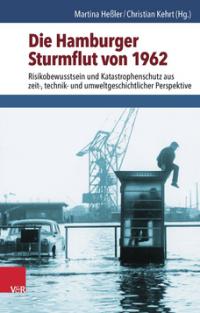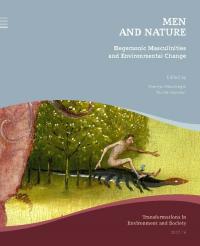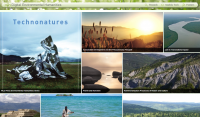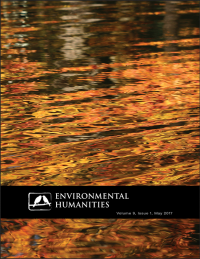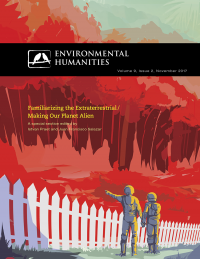Why Is Human Niche Construction Transforming Planet Earth?
Ellis argues that the unparalleled capacity of human societies to construct ecological niches at growing social and spatial scales has allowed them to alter the Earth permanently and profoundly.



